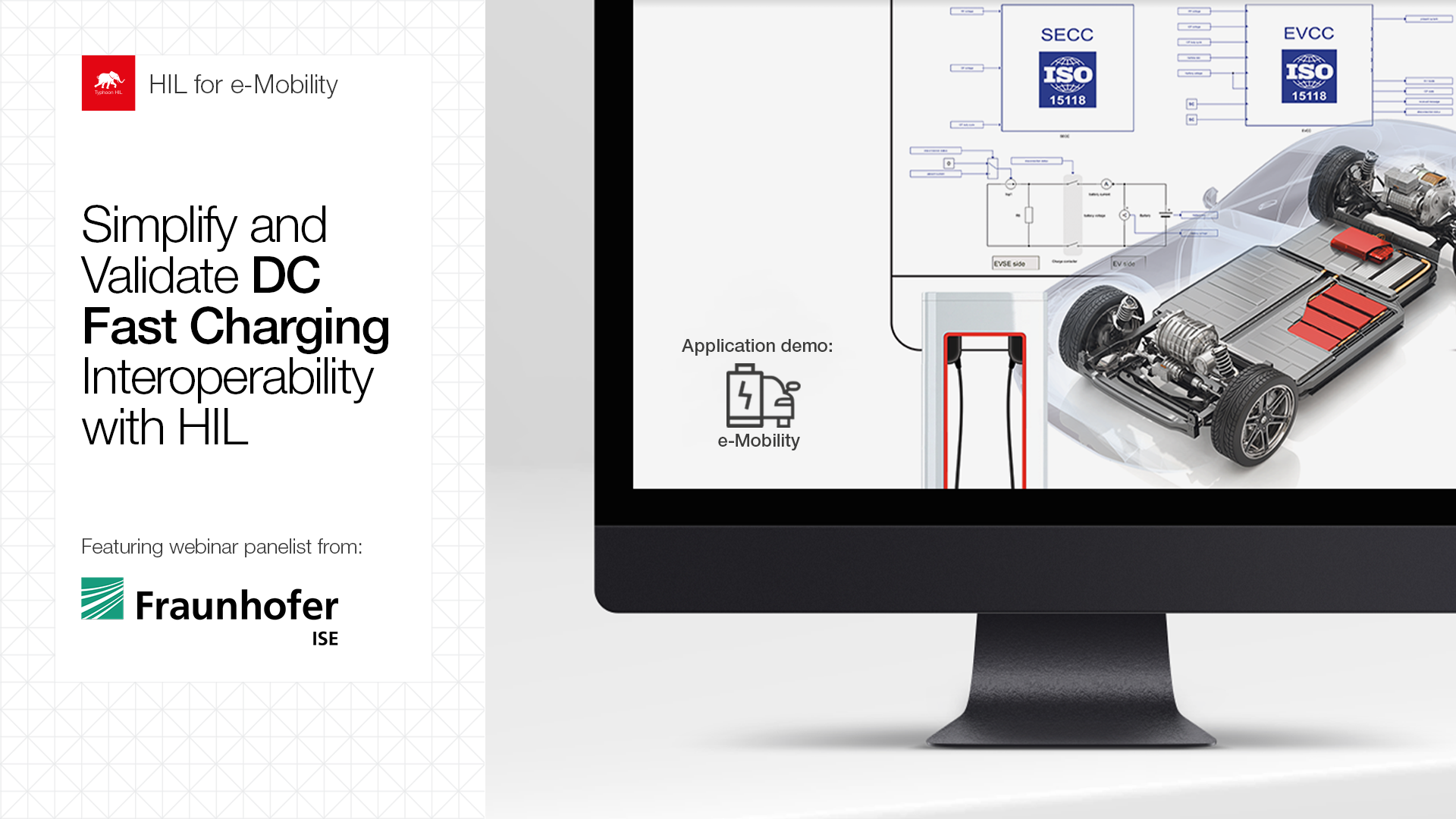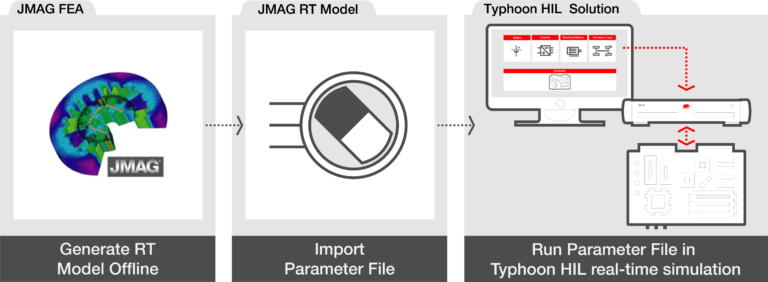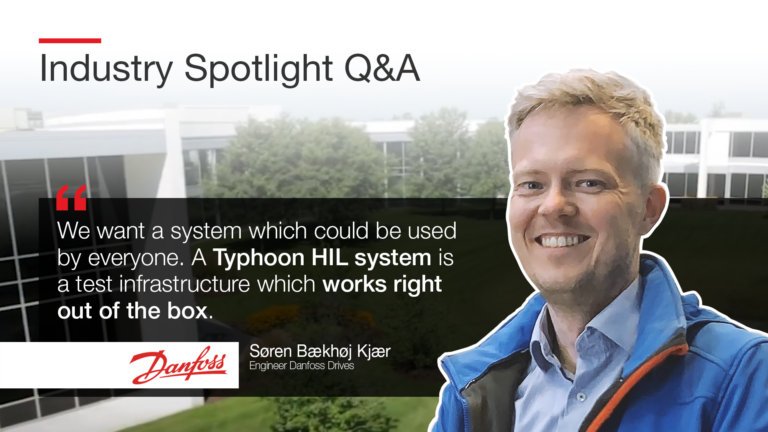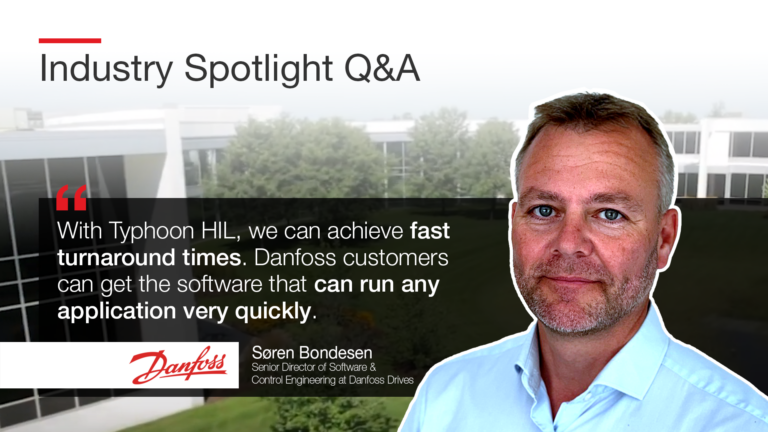Introduction | Why is EVSE Interoperability Testing Important?
Reliable high-power charging is vital to providing support for the wider adoption of battery electric vehicles (BEVs), both in passenger and commercial segments.
Standardized communication protocols like IEC 61851 and ISO 15118 are the critical components in this effort. They provide a way to interact between an external DC charger and EV in order to optimize charging speed, safety, and convenience, in addition to other services for ensuring interoperability between vehicles and chargers coming from diverse vendors. To meet the market needs, these protocols are evolving rapidly, which poses a challenge for both car and charger vendors, resulting in the need for more advanced tools and methods for compliance and interoperability testing.
At our webinar on March 16th, 2023,experts from Fraunhofer ISE and Typhoon HIL led thediscussion on how model-based engineering tools are being utilized to empower agile control development and testing. See first-hand how electric vehicle supply equipment (EVSE) is tested using hardware-in-the-loop (HIL) in the webinar recording available below.
Webinar | HIL Testing DC Fast Charging Interoperability
The webinar covered several key discussion topics, presentations, and demos, including:
- Simulation of the Electric Vehicle in Typhoon HIL according to IEC 61851 and ISO 15118.
- Testing and validation of EVSE with CCS ISO 15118 protocol using Typhoon HIL Control Center.
- How to avoid high physical prototype costs by testing early and often in a simulated virtual HIL environment.
- Typhoon HIL CCS interface board with GreenPHY-PLC modem for measurement and stimulation of Control Pilot and Proximity Pilot circuits, including fault simulation.
- Automating test procedures in smart charging applications and ensuring interoperability between EV and EVSE.
- ISO 15118-2 compliance testing e.g., state machine and functional testing.
Learn more | Meet our panelists
For this webinar, we invited three panelists to join us for a discussion:
- Dr.-Ing. Bernhard Wille- Haussmann, Head of Smart Grid Operation and Planning at Power Electronics, Grids, and Smart Systems ofFraunhofer ISE
- Petar Gartner, Director of HIL Solutions at Typhoon HIL
- Juliano Grigulo, Application Engineer at Typhoon HIL
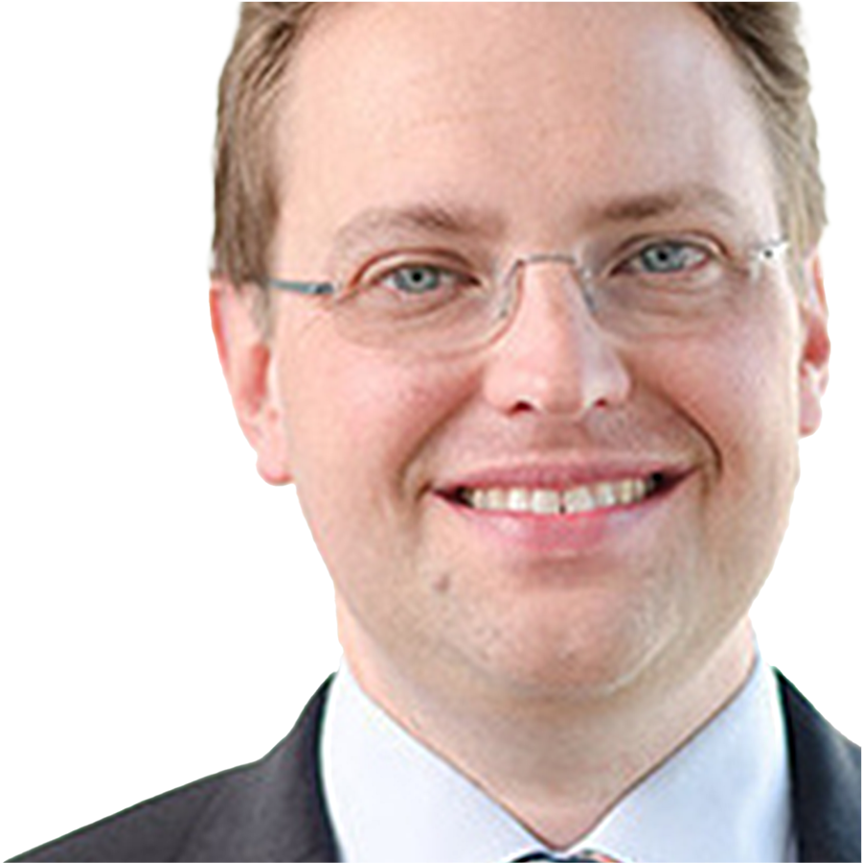
Dr.-Ing. Bernhard Wille-Haussmann, born in 1977, studied electronic engineering at the University of Stuttgart. In his diploma thesis (finished 2005) he worked on the characterization of thin film photovoltaics. Since 2005 he works at Fraunhofer ISE in the field of managing distribution grids with a high penetration of renewable and distributed generators. His main task is the optimal operation of heat systems with cogeneration and thermal storage devices. In June 2011 he finished his PhD with the topic “Usage of the symbolic model reduction for analyzing control strategies in Smart Grids”. Since 2010 he is head of the group Energy Management and Grids. His main working field is the integration of distributed generators and loads into grids. The span reaches from grid planning, control and operation management. For scheduling predictive optimization algorithms are applied to use thermal and electric storage capacities for local and grid storage.

Petar Gartner is the Director of HIL Solutions at Typhoon HIL. Petar leads the development of advanced computationally efficient ultra-high fidelity real-time machine and converter models. He also works closely with the most advanced HIL users to accelerate technology development and customer HIL adoption. He holds M.Sc. in Power Electronics and Electrical Machines from the University of Novi Sad.
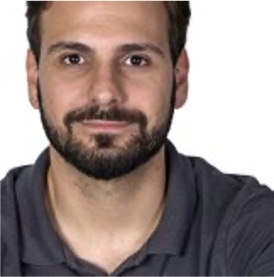
Juliano Grigulo is an Applications Engineer at Typhoon HIL. He received an M.S. in Automation and Systems Engineering from the Federal University of Santa Catarina, Brazil, and a B.S. degree in Automation and Control Engineering from the Federal University of Santa Maria, Brazil. From 2015 until 2020 Juliano was the CTO of a drone business startup in Brazil. Juliano also worked as a researcher at the Fraunhofer IZM in Berlin and at Concordia University in Canada. He has worked with power electronics and software and firmware development solutions throughout his career.
Credits
Text | Dovlyn Curtis, Debora Santo
Visuals | Karl Mickei
Editor | Debora Santo
